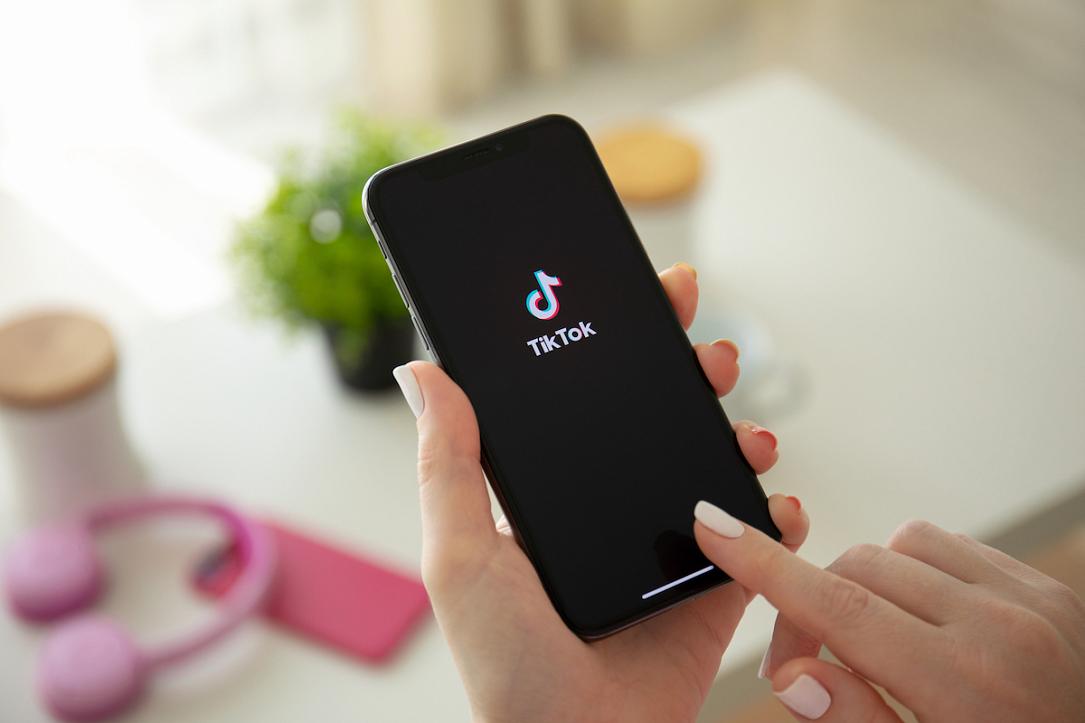Update: Head of Romania’s telecommunications regulatory authority calls for immediate suspension of TikTok amid electoral scandal



Update: On Thursday, November 28, Pavel Popescu, vice president of the National Authority for Management and Regulation in Communications (ANCOM), backtracked on his earlier proposal to suspend TikTok in Romania.
"I want to make a simple clarification: driven by the sincere desire to contribute to resolving this delicate situation we find ourselves in today, last night I proposed an exaggerated solution: the temporary suspension of the TikTok platform. The opinion expressed was strictly personal. Freedom of expression can never be restricted, not even in the most delicate situations a country may face," Popescu admitted in a Facebook post. He added that he would continue to highlight serious issues identified in how social media platforms operate, while searching for solutions.
Prime minister Marcel Ciolacu reacted to the initial announcement made by Pavel Popescu, implying the ANCOM official lacked the authority to make such a decision.
"I will never agree to such an initiative," Ciolacu said.
Initial story: Pavel Popescu, vice president of telecommunications regulatory authority ANCOM, called for the suspension of Chinese social media app TikTok starting November 28 until state institutions investigate alleged manipulation of the electoral process.
The call comes after a virtually unknown independent candidate, Călin Georgescu, received roughly 23% of votes in the first round of the presidential elections held on November 24, placing first. His success and sudden popularity was apparently due to his use of TikTok, but the candidate declared no campaign contributions or expenses.
"I am requesting, starting tomorrow, 28.11.2024, the suspension of the TikTok platform on Romanian territory until the completion of the state institutions' investigation into the manipulation of the electoral process from 24.11.2024 (Round 1, presidential elections). I will follow the official procedures in this regard," wrote Pavel Popescu, vice president of ANCOM, on Facebook.
According to the official, thousands of externally-funded accounts worked to promote Călin Georgescu with the help of TikTok algorithms while the company took no action and completely ignored the complaints from Romanian authorities.
ANCOM recently revealed that Romania’s Permanent Electoral Authority, which watches over electoral processes, sent notifications to TikTok highlighting various irregularities related to illegal content distribution and requested the necessary measures to ensure the legal conduct of Romania's electoral campaign. However, platform representatives did not act promptly, according to HotNews.ro.
Romanian authorities are still reeling from the shocking rise of the independent candidate Călin Georgescu. Romanian president Klaus Iohannis convened a meeting of the Supreme Council of National Defense for November 28 to analyze potential national security risks generated by actions of state and non-state cyber actors on IT&C infrastructures supporting the electoral process.
In reply, TikTok stated that it does not accept paid political ads. "We also impose bans on advertisers identified as politicians and political parties, who cannot create advertising accounts or access advertising functions," the social platform stated.
"This PR exercise of theirs is contradicted by the reality in which the vast majority of the content remains unmarked," explained think tank Expert Forum. According to the NGO, accounts are superficially verified because they claim to be for entertainment purposes. In reality, they engage in political propaganda.
Other state institutions are also reacting to suspicions of electoral manipulation.
The vice president of the National Audiovisual Council (CNA), Valentin Jucan, called for the resignation of Social Democratic minister of digitalization Bogdan Ivan, accusing him of visiting TikTok's headquarters to discuss preparations for the presidential and parliamentary elections without informing the relevant election-organizing authorities. Before the elections the Ministry claimed to have blocked dozens of accounts created by organized networks attempting to promote a specific candidate in the upcoming presidential and parliamentary elections.
"During today's discussion with the European Commission, TikTok, ANCOM, and AEP, I was astonished to learn that the minister visited Dublin on October 3 to TikTok's headquarters to discuss preparations for the presidential and parliamentary elections. He went without informing the relevant authorities responsible for organizing the elections. We do not know what mandate he had or what the outcomes were. They have not been communicated," Jucan said on Facebook.
Călin Georgescu is not the only beneficiary of TikTok’s impact on electoral campaigns. The Chinese app likely assisted the far-right party Alternative for Germany in elections this fall, according to reports. The party was twice as effective in reaching first-time voters compared to all other parties combined, attracting the youth especially.
Numerous other countries have started restricting the app. Earlier this year, the US House of Representatives unanimously passed legislation that could force ByteDance, the company behind TikTok, to sell the app or face a total ban in the US. Nevertheless, despite security concerns, the app played a key role in the 2024 elections, notes Voice of America, cited by Ziarul Financiar.
Several countries and regions have announced or already implemented partial or total bans on TikTok. In the spring, Australia and the United Kingdom banned the use of the app on government officials' devices. The European Parliament, European Commission, and European Council also banned TikTok on staff devices, citing cybersecurity concerns.
Similarly, in the spring, the French government banned the use of "recreational" apps like TikTok, Netflix, and Instagram on work phones used by 2.5 million public servants. On November 6, the Canadian government called for TikTok to cease its local operations.
In 2020, India imposed a ban on TikTok and other Chinese apps, making it one of the few countries to enforce a complete ban, even on personal devices of its citizens.
(Photo source: Prykhodov | Dreamstime.com)